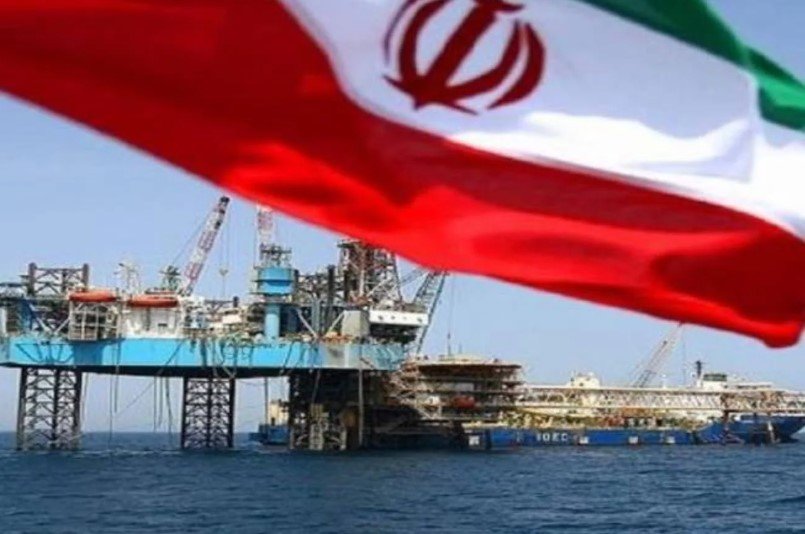The United States has placed four Indian firms under sanctions, alleging their involvement in the trade and transportation of Iranian crude oil and petroleum products. The move is part of a broader crackdown targeting entities engaged in Iran’s sanctioned energy sector, with over 30 individuals and vessels across multiple countries also facing punitive measures.
Indian Firms Caught in US Sanctions Net
The companies in question—Flux Maritime LLP, BSM Marine LLP, Austinship Management Pvt Ltd, and Cosmos Lines Inc.—have been identified by the US Department of the Treasury’s Office of Foreign Assets Control (OFAC) and the US Department of State. Three of them reportedly acted as commercial or technical managers of vessels transporting Iranian oil, while Cosmos Lines allegedly facilitated the shipment of Iranian petroleum products.
This is not the first time Indian firms have been flagged for similar activities. The US has consistently targeted entities operating in what it calls a “shadow fleet”—a network of tankers facilitating trade in sanctioned oil from countries such as Iran, Russia, and Venezuela. The latest measures reinforce Washington’s ongoing “maximum pressure campaign” against Tehran.

The Shadow Fleet and Its Global Reach
The term “shadow fleet” refers to vessels engaged in moving crude oil and petroleum products for countries under sanctions, often using deceptive shipping practices. These include switching off transponders, conducting ship-to-ship transfers in international waters, and falsifying cargo origins.
The fleet operates across global shipping lanes, and its presence has grown significantly in recent years. According to estimates from energy consultancy firm Vortexa:
- Over 600 tankers have been identified as part of the shadow fleet.
- Iran’s oil exports have surged beyond 1.5 million barrels per day despite sanctions.
- China remains the largest buyer of Iranian crude, accounting for more than 80% of these shipments.
Such operations complicate efforts by US authorities to enforce restrictions, prompting an aggressive expansion of sanctions targeting firms and vessels involved.
How Will This Impact Indian Shipping and Trade?
The immediate consequences for the sanctioned Indian firms include restrictions on their access to the US financial system, potential asset freezes, and limitations on conducting international business with American entities. However, the broader implications extend beyond the targeted companies.
- Increased Scrutiny: Indian shipping and logistics firms engaged in global energy transportation may face heightened scrutiny from international regulators.
- Trade Disruptions: Businesses tied to sanctioned entities may encounter disruptions in operations, particularly those reliant on Western financial channels.
- India-Iran Relations: While India has historically maintained trade ties with Iran, these sanctions could deter further engagements due to fear of secondary penalties.
Some industry insiders argue that enforcement of such measures often has loopholes. Alternative financial mechanisms and rerouted transactions enable some sanctioned firms to continue operating under different names or ownership structures.
The US Stance and India’s Balancing Act
The Biden administration has been clear in its intent to clamp down on illicit Iranian oil trade, but India finds itself walking a diplomatic tightrope. As a major oil importer, India has had to navigate US sanctions while maintaining strategic energy partnerships with key suppliers, including Iran and Russia.
New Delhi has yet to formally respond to the latest sanctions, but past incidents suggest a cautious approach. Indian authorities have previously distanced themselves from private firms accused of engaging in sanctionable activities, emphasizing compliance with international trade regulations.
Meanwhile, the broader geopolitical landscape continues to shift. With global energy markets in flux and alternative suppliers emerging, India’s long-term strategy will likely involve reducing dependencies on sanctioned sources while preserving diplomatic and economic interests.
